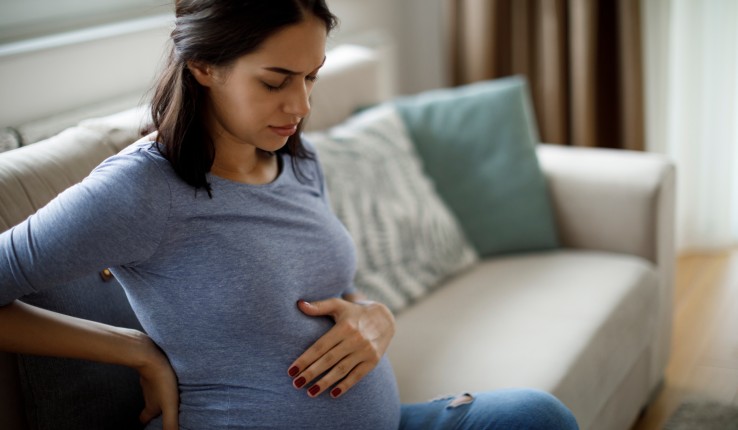Current research has largely focused on the role of maternal stress as a key contributor to negative outcomes in the time period immediately leading up to and following births. However, there is little research on ways to protect families from these outcomes by determining factors that promote resilience or protect against stress. Realizing this gap, Fathima Wakeel, associate professor at the Lehigh University College of Health, is exploring the relationship between stress and the way internal and social protective resources, which she has coined as “personal capital,” affect the health of reproductive-aged women in vulnerable communities.
According to Wakeel, it is likely that immigrant women in the U.S. have endured stressors and other health risks over their life course, yet their reproductive health has not been widely researched. She and her colleagues aim to qualitatively explore culturally relevant components of personal capital, create measures based on these findings, and validate these personal capital measures through a survey questionnaire incorporating information about reproductive health, stress, and personal capital factors. The researchers will develop important insights into the relationship between a balance, or imbalance, of stress with personal capital and how this interaction relates to reproductive health and reproductive behaviors. These insights will form the basis for the design of future interventions to improve reproductive health outcomes.
“The reproductive health of immigrant women in the United States remains largely underexplored, despite the likelihood that they have endured substantial stressors and other health risks over the life course. As the study will be conducted in South Bethlehem, Pennsylvania, which comprises individuals with socioeconomic challenges, a large Spanish-speaking population and a large population of recent Hispanic immigrants, findings from this study will have important implications for population health policies and programs to improve the long-term health and wellbeing of women in these vulnerable groups,” said Wakeel.
The study, Reproductive Health, Stress, and Personal Capital in South Bethlehem, is being funded by a Commonwealth Universal Research Enhancement Program (CURE) grant. Under the CURE program, health research grants are awarded for clinical and health services and biomedical research. College of Health professor Halcyon Skinner, College of Education professor Patricia Manz and College of Arts and Sciences professor Sirry Alang will collaborate on the research.
Drawing from conclusions in her work during a population health study known as the Los Angeles Mommy and Baby (LAMB) study, Wakeel identified the importance of exploring the development and measurement of protective resources against stress during pregnancy. These resources potentially include internal resources (i.e., self-esteem and mastery), which have been associated with higher infant birth weight and decreased risk of intrauterine growth retardation; partner support and social network support, which are linked to increased fetal growth and higher infant APGAR scores (the test given to newborns to determine physical health); and neighborhood support, which may play an indirect role in lowering women’s risks of adverse obstetric outcomes.
“My long-term research goal is to conceptualize and measure personal capital, which women may draw upon to help reduce their exposure to or cope with stress and achieve healthy perinatal outcomes,” said Wakeel. “Importantly, by learning what these resources are, how they may differ among different cultural, racial/ethnic, and socioeconomic groups of women, and how they develop across the life course, we can develop programs and policies that help build personal capital among vulnerable groups of women and ultimately promote health equity at the population level.”
Evidence suggests that stress before and during pregnancy is a primary risk factor for poor outcomes. According to Wakeel, harmful childbirth outcomes such as preterm birth, low birth weight, and small for gestational age account for more than 40% of all newborn deaths in the United States and have contributed to significant increases in childhood morbidity in recent decades. With this study, Wakeel and her colleagues hope to influence policy and build resources for women in vulnerable populations and beyond.


